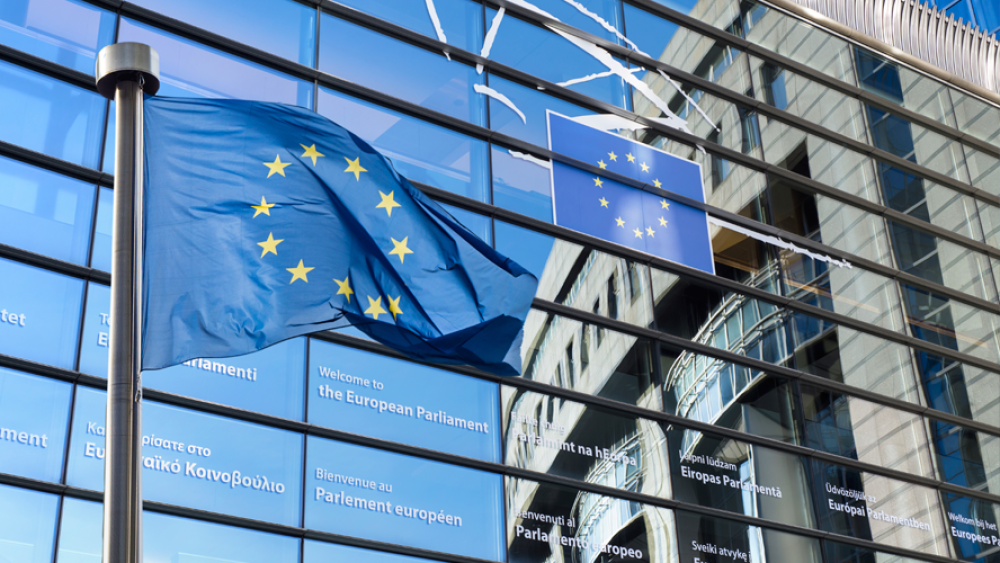ePrivacy: holdups could delay introduction until 2020
02 Aug 2018

Now that the Austrians have taken the reigns of the EU Council, they gain some control over legislative agenda. While some ePrivacy activists hoped they may push the issue along, they have been disappointed. The Council intends only to issue a statement on the progress of ePrivacy by the end of the year.
The ePrivacy regulation covers privacy in electronic communications such as internet transactions, online media and internet of things products (read more about ePrivacy here).
The legislation was originally supposed to be passed alongside the GDPR, however, dilly-dallying by the Bulgarian Presidency has kicked the issue into the long grass. Ultimately, the discussions between the EU Parliament, Council and Commission, which are necessary to achieve an agreed implementation date, will likely take place after the May 2019 elections. This would push back implementation to 2020.
Discussion about the law have left concerns over its scope and lack of clear interpretation guidelines. There are also fears that it runs too closely to GDPR, meaning regulation clashes. Nonetheless, ePrivacy lead rapporteur, Birgit Sippel, lambasted the delays claiming that the Council is delaying the legislation at cost to the rights of EU citizens.
The strong feelings highlight that difference of opinion is rife. Business representatives, data protection advocates and parliamentarians will need to agree if the regulation is to be implemented any time soon.
For the UK, this means that ePrivacy will come into force after the Brexit date (29 March 2019). This has important implications. While the UK seeks an alignment plus deal, it is not necessarily the case that the UK would have to implement ePrivacy legislation. This is a positive given the worries about clashes with GDPR and overregulation.
DMA Managing Director, Rachel Aldighieri said:
“The free flow of data allows businesses across the EU and UK to perform a great many functions. It is imperative that we meet the requirements of the EU to maintain such ties. Nonetheless, while we will always fight for consumer rights and greater customer focus, we also want to ensure that UK businesses can operate without hindrance. ePrivacy in its current form throws up a number of concerns. Whether it is necessary to implement or not, the DMA will work with FEDMA to ensure it works well for businesses and consumers.”
Please login to comment.
Comments